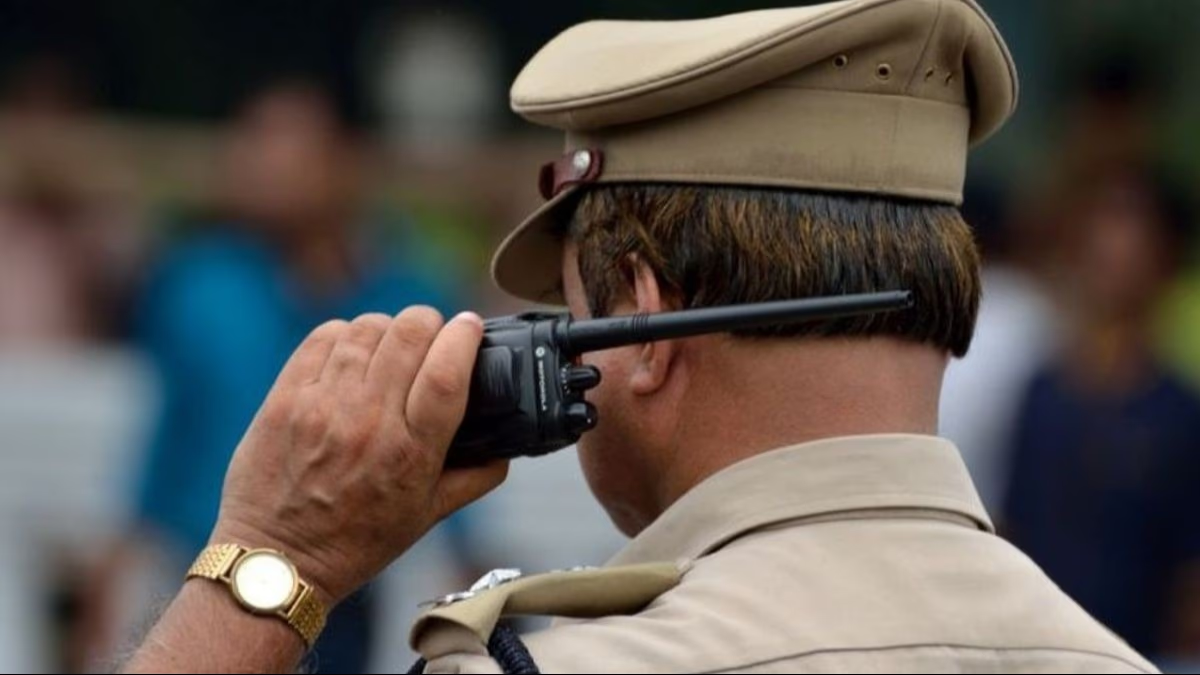The Kerala police have apprehended four individuals from Gujarat in connection with a suicide linked to the harassment by operators of a loan app last September. Utilizing the expertise of Kerala's cyber experts, authorities tracked down the app operators, leading a five-member police team to Gujarat for their arrest last week.
Police sources disclosed they gathered phone numbers, email addresses, and bank details of the suspects from the mobile phone of Ajayraj, a lottery vendor, who unfortunately took his own life last September. Referring to testimonials from family and friends, police indicated the deceased secured a loan via the app operated by the accused, which he could not settle. Consequently, the accused threatened Ajayraj, tampering with his photos and sending them to his family members.
Distressed by the manipulated images, Ajayraj felt forced to end his life. Minangadi Station House Officer PJ Kuriakose mentioned, 'With cyber police's assistance, we located the suspects in Gujarat. Wayanad police's five-member team traveled last week, apprehending them from a village around 100 kilometers away from Rajkot.' The police confiscated mobile phones and a WiFi modem from the accused.
Surge in Loan App Harassment Cases Recently
There has been an alarming rise in suicides linked to harassment by loan apps recently. One such instance was reported in Bhopal last July, where a man, harassed by loan app agents, took his life along with his wife and children. A similar story emerged in Bengaluru, where a 22-year-old engineering student ended his life. In both cases, victims, unable to repay loans, were blackmailed by loan app agents.
Legal Remedies Against Loan App Harassment
Recently, Nithin Kamath from Zerodha appealed to people, urging them not to take drastic measures if harassed by loan apps. He advised those trapped by such apps to seek legal recourse, as protections exist within the law. He informed that complaints can be lodged on the government’s National Cyber Crime Portal if troubled by loan app agents. Additionally, cases can also be reported by calling 1930.




